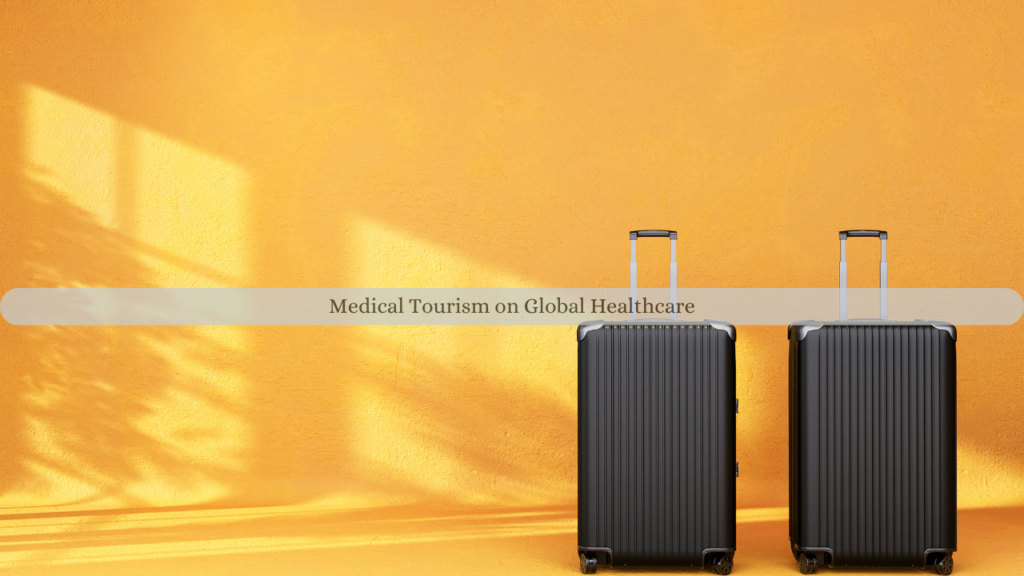
Medical tourism has emerged as a significant phenomenon in the global healthcare landscape, enabling patients to seek medical treatment across international borders. This trend is driven by a combination of factors, including rising healthcare costs in developed countries, the increasing availability of advanced medical facilities in developing nations, and the desire for high-quality care. The impact of medical tourism on global healthcare access is profound, influencing patients, healthcare systems, and economies alike.
One of the primary motivations behind medical tourism is the cost disparity between countries. In many cases, patients from developed nations, such as the United States and Canada, can find significantly lower prices for medical procedures in countries like Mexico, India, and Thailand. For example, a heart bypass surgery in the U.S. can cost upwards of $100,000, whereas the same procedure may be available in India for as little as $10,000. This cost-effectiveness is particularly appealing to uninsured or underinsured individuals seeking necessary medical care without the burden of overwhelming financial debt.
Moreover, the quality of care offered by many international hospitals has improved dramatically in recent years. Several facilities in countries like Singapore, Malaysia, and Costa Rica have received international accreditation, ensuring that they adhere to strict healthcare standards. These hospitals often feature state-of-the-art technology and employ highly trained medical professionals who have received education and training from prestigious institutions worldwide. As a result, patients are increasingly confident in the quality of care they will receive abroad.
Medical tourism also provides patients with access to treatments and procedures that may not be available or are subject to long waiting lists in their home countries. For instance, patients suffering from conditions like infertility or chronic pain may seek advanced therapies, such as stem cell treatment, that are not yet FDA-approved in the United States. By traveling abroad, these individuals can access cutting-edge medical solutions that can significantly improve their quality of life.
However, while medical tourism offers numerous benefits, it also presents challenges and risks. One of the primary concerns is the potential for inadequate post-operative care. Patients who undergo surgery abroad may face difficulties accessing follow-up care once they return home, leading to complications or inadequate management of their health. Additionally, there is a risk of miscommunication regarding medical histories, which can result in suboptimal treatment outcomes.
Another critical consideration is the ethical implications of medical tourism. The increasing demand for healthcare services in developing nations can strain local healthcare systems, diverting resources away from the local population. As hospitals cater to international patients, there is a risk that domestic patients may face longer wait times or reduced access to care. This dynamic raises questions about equity and the prioritization of healthcare resources.
Despite these challenges, the trend of medical tourism shows no signs of slowing down. The rise of digital health technologies, such as telemedicine, has made it easier for patients to consult with international healthcare providers, further bridging the gap between patients and providers across borders. Moreover, as countries continue to develop their healthcare infrastructure, the landscape of medical tourism will evolve, potentially increasing access to care for underserved populations.
In conclusion, medical tourism plays a complex role in shaping global healthcare access. While it offers opportunities for patients to receive affordable and high-quality medical care, it also raises ethical concerns and highlights disparities within healthcare systems. As the industry continues to grow, it will be crucial to balance the needs of international patients with the demands of local populations to ensure that the benefits of medical tourism extend to all.